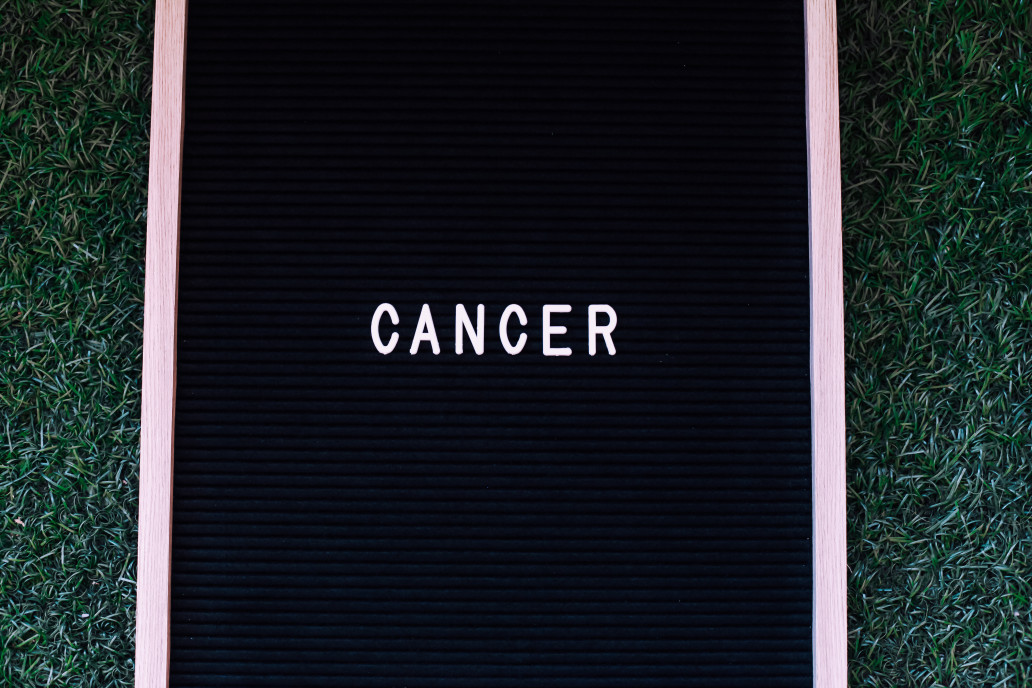Few things strike fear into the hearts of parents more than the word “cancer” – particularly when it involves their children. While cancer in children tends to be rare, it can happen and there are things that parents should be on the lookout for.
Always be observant of any sudden changes in your child – either with their health, behavior or both. Keep in mind that these sudden changes don’t necessarily indicate cancer, but should be checked out by a professional. Here are several signs that you should look for. If you notice any or all of these, bring them to the attention of your doctor immediately.
- Continued and unexplained weight loss
- Headaches accompanied by early morning vomiting
- Increased swelling and/or pain in the joints, back, bones and legs
- Lumps or masses in the armpits, abdomen, neck, chest or pelvis
- Excessive bruising or bleeding
- Constant infections
- White color behind the pupils
- Persistent nausea with or without vomiting
- Constant fatigue
- Noticeable paleness
- Sudden and persistent changes in vision
- Recurring fevers of unknown origins
The chances that your child will develop cancer are slim, in fact, the odds of developing cancer before the age of 19 are 1 in 330. However, that being said, you should know that cancer is the second leading cause of death in children, only behind accidents.
As a parent, there is plenty you can do to stay on top of your children’s health in order to be aware of any situations early on. Be sure to take your infants to their regular check-ups with the pediatrician and make sure your older children are seen at least yearly, and more frequently if there is a problem. Don’t be afraid to ask questions during the appointments and ask the doctor or nurse practitioner to explain what he or she is doing, what tests they are ordering, etc.
Finally, go with your gut instincts if something just doesn’t seem right about your child’s health or behavior. It doesn’t mean perform a self-diagnosis, but nobody knows your child like you do. If you think there’s a problem – get it checked out, don’t second guess yourself.


